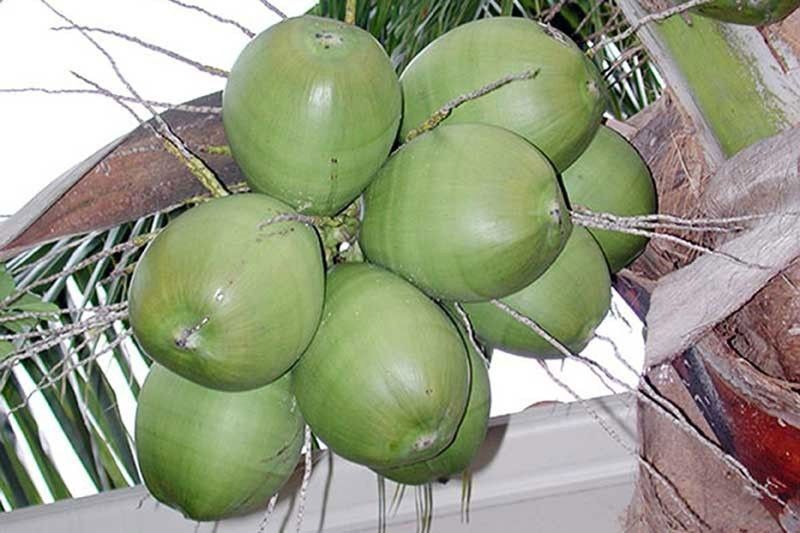Shell helps fuel livelihood prospects for coco farmers

MANILA, Philippines — Considered one of the Philippines’ major crop exports, over the years the coconut has lived up to its name as the tree of life.
Despite this it can be hard for Filipino farmers to sustain themselves through the crop alone. Over the past year, Shell International and Pilipinas Shell, through its social investment arm Pilipinas Shell Foundation Inc. (PSFI) partnered with JNJ Industries and the Quezon province farmers and cooperatives to change this.
Their sustainable and alternative livelihood initiative, the Collaboration for Coconut Productivity and Nurturing Farmers’ Trade or Project COCONUT aims to help coconut and copra farmers provide higher quality products and a more stable income.
Last Nov. 11, Shell International, PSFI and JNJ Industries opened the coco hub facility in Agdangan Quezon. This is the second facility in the area, following a hub in Kabulihan Unisan which opened in April 2019.
The hubs are helping farmers make their coconuts go further. Once a coconut is harvested, the copra (dried coconut flesh) is processed into coconut oil for their production of food products, oleo chemicals and biofuels. As part of the project coconut initiative, the husks, which would previously have been waste, are now sent to the coco hub facility. Here they are turned into beads for jewelry, household objects and other ornaments that create alternative revenue for the farmers of Agdangan.
“We really believe that alternative livelihood initiatives like these are necessary to ensure that we keep the coconut agriculture alive, while also helping our farmers with their harvest,” PSFI executive director Sebastian Quinones said during the inauguration.
Arold Jao, AVP for Ffnance of JNJ Industries said: “The creativity to turn waste into lamps and wallets has amazed me. I know this alternative economy we are trying to build can do so much more and it is great to see the farmers developing skills they can use in the future.”
In addition to the hub facilities, Shell International, PSFI and JNJ Industries donated four horses alongside awarding P40,000 in grants to the farmers of Agdangan and Unisan to help in the production and operations.
With two successful coconut hub facilities in the area, PSFI believes the neighboring municipalities will soon show interest, enabling the initiative to expand.
“Last year around 35 farmers were involved in the project. When they saw the progress, especially with this building, the number grew to 264 farmers,” said Gary Aliggayu, PSFI project manager for Project coconut.
The facilities are open to everyone in the area and neighboring regions.
“This project has come a long way from the initial discussions we had with JNJ over 2 years ago,” said Helen Scholey, Biofuels Sustainability Compliance Officer of Shell International.
“It is heart-warming to see how the hubs have developed new skills and an increased enthusiasm for alternative products. This project also helps improve the sustainability of the cleaner fuels that we are making available to our customers,” she said.
As project coconut’s first official year in operation comes to a close, PSFI said this endeavor has already reached full circle in terms of planting and establishing an alternative livelihood for Quezon province farmers.
- Latest




























